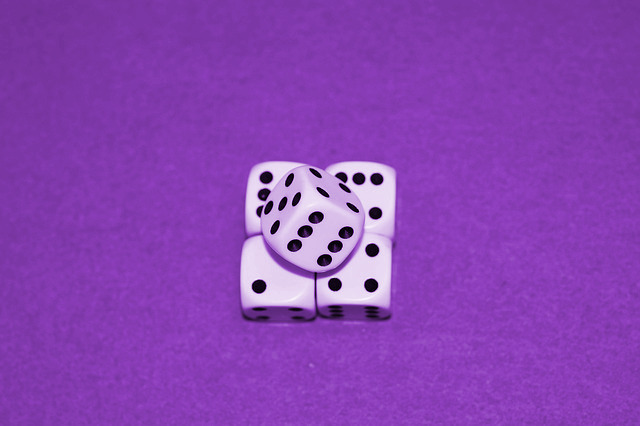
Lorca Theater Work They Were All
It takes experience to know when to give up on a bluff and when to pursue it. When your first bet is called, presumably your opponent has something. If you sense he’s getting stronger and you don’t improve, give it up. If you sense he’s weak and staying weak and if you think he thinks you’re strong, continue the bluff and hope to drive him out.

Your chances have not improved, and it looks as if your opponent’s have. He may have a flush draw, a straight draw, or simply a pair of 9s, but whatever he has, he looks like too much of a favorite for you to call when he bets. When you bluff with more cards to come, you often get called, and then you are faced with deciding whether or not to continue the bluff on the next round.
Thus, when you bluff with a hand that probably can’t improve to the best hand, you need to compare your chances of getting away with it to your effective odds if you are planning to continue betting on future rounds even when you don’t improve. Whether it is backing a horse in the local bookmakers or laying a cricket team on a betting exchange, the stake is predetermined.

